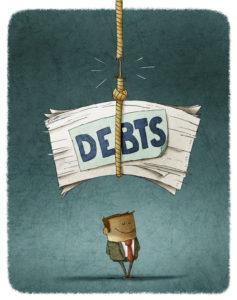
Over the last decade, Brazil's small business stimulus program for the micro-entrepreneur (MEI) has grown significantly, with a whopping 8.6 million entities registered under the program.
The program focused on supporting micro-entrepreneurs by creating a lower tax bracket for them. However, even with the lower tax obligations, the majority of the program's participants (54 percent) are in tax default.
To qualify for the MEI tax bracket, a company has to invoice less than 81,000 Brazilian reals per year (about USD$21,400 per year) and have no more than one employee. Merchants such as craftsmen, tailors, hairdressers, electricians, photographers, painters, carpenters, plumbers and others can register as an MEI. The registration gives them a tax ID number and even includes pension coverage.
In a country that is famous for its high taxes and bureaucracy, the MEI program has tried to tackle both issues with the lower tax bracket and the easy registration and declaration. Taxes are filed with the government electronically on a simplified form called DAS. Also filed electronically is the annual return, or DASN, which states total yearly revenues. That way, MEI's do not need to hire an accountant or pay a registration fee for setting up a legal entity. Even so, the majority of the program's participants are unable to meet the basic requirements.
To tackle the rise in defaults, the government has created a simplified online payment process where MEI's can make payments through automatic debit. The program also aims to make the payments as accessible as possible, with a minimum monthly fee of 50 Brazilian reals (about USD$13).
The level of tax default for the lower tax bracket in Brazil is a reflection of Brazil's stagnant economy. In a country that ranks as having the highest corporate tax rates in the world, it is not only the MEI's that struggle to pay their taxes.
Brazil's current corporate tax rate is 34 percent, lining up just ahead of France, which also has a 34 percent tax rate. President Macron has set the goal to reduce the tax rate to 25 percent by 2022. In 2018, President Trump abruptly slashed corporate tax rates from 35 percent to 21 percent.
Recently elected President Jair Bolsonaro has promised to reduce corporate tax rates as part of his economic reform. His focus is currently on his pension reform bill. After that passes, he will turn his attention to other campaign promises such as tax reduction and interest rate cuts.
